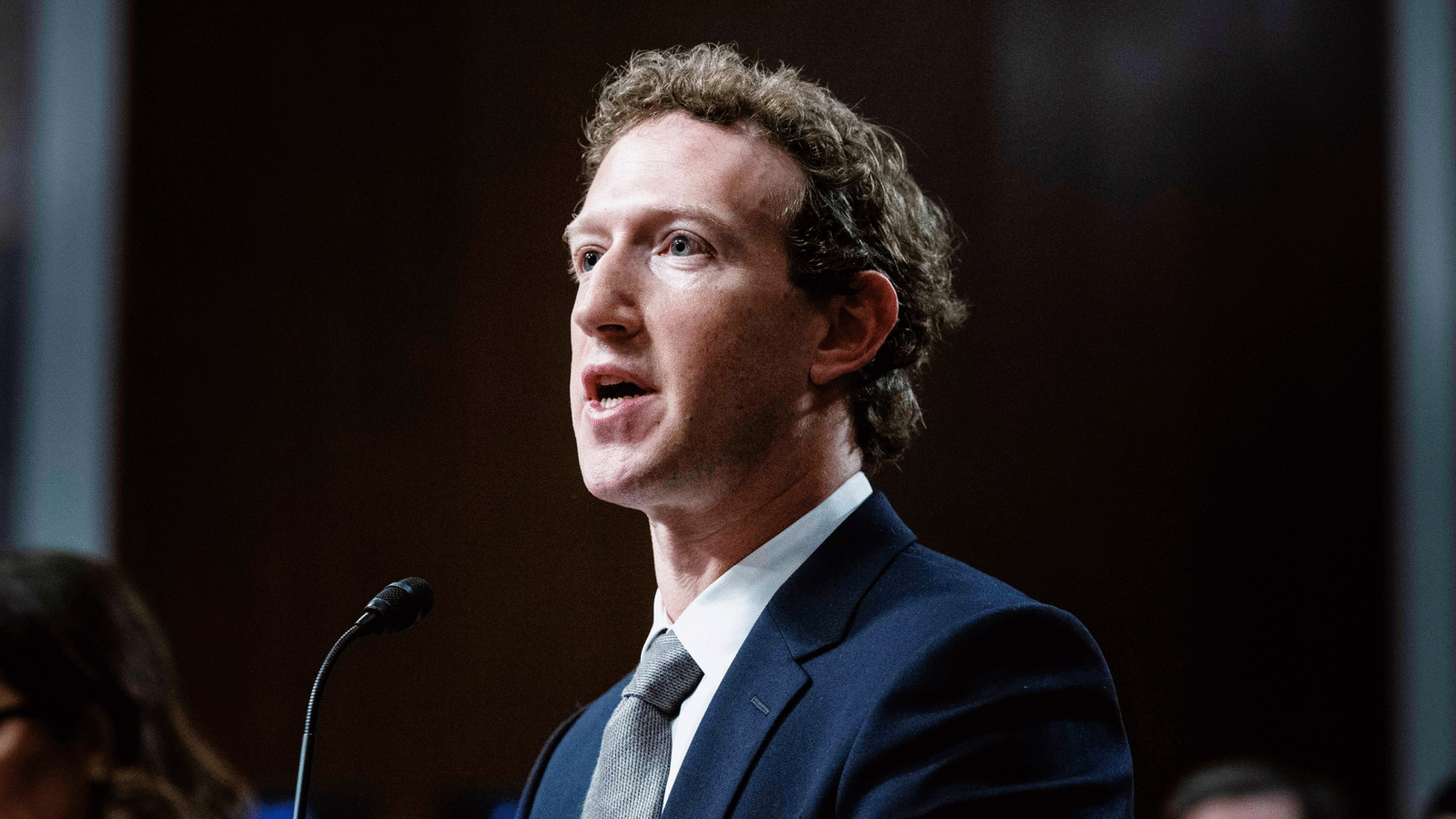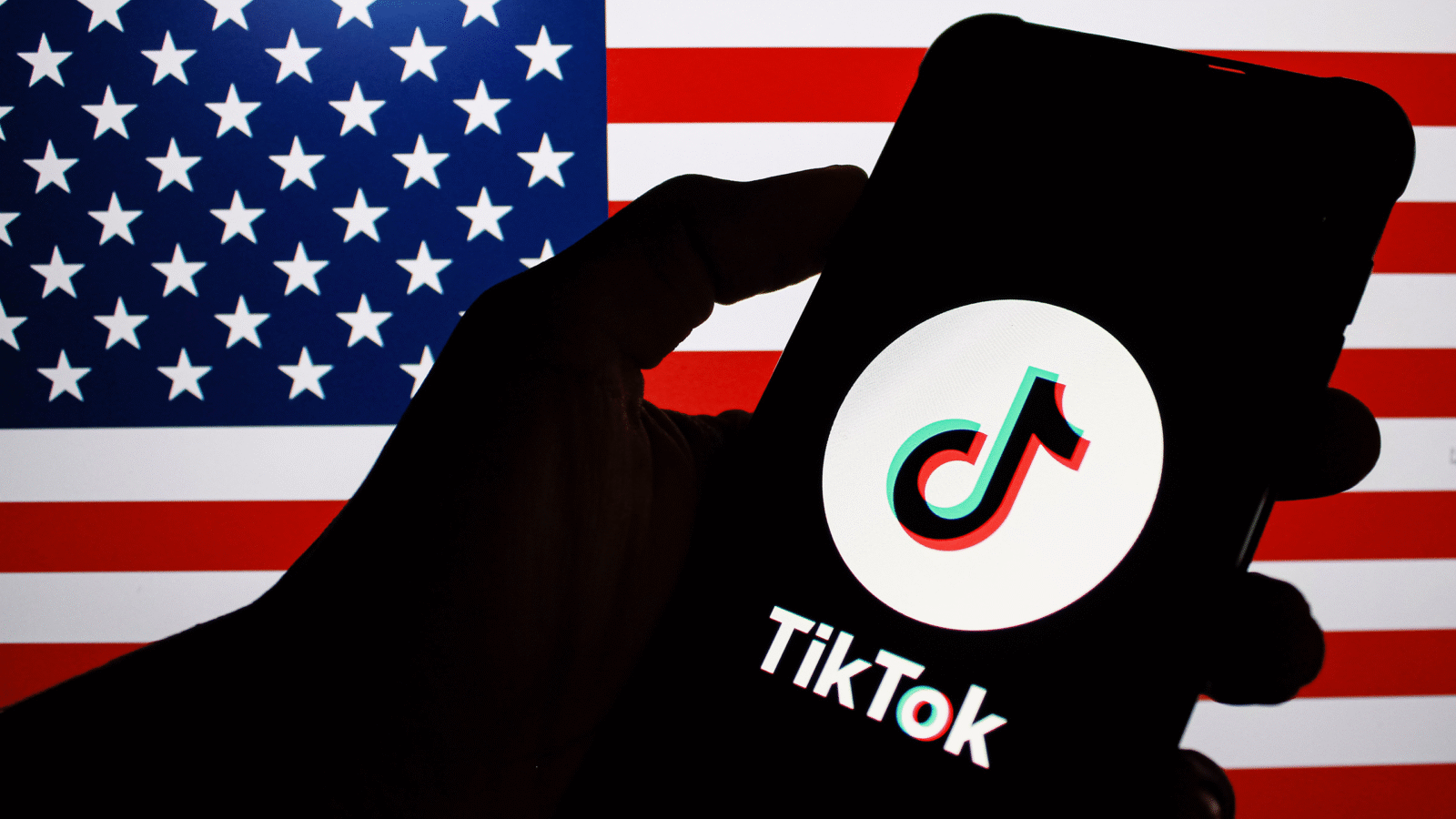Google and Amazon Roll Out Two Very Different Protective Measures

Sign up for smart news, insights, and analysis on the biggest financial stories of the day.
The internet can be both a place of limitless wonder…and one of limitless mischief. On Tuesday, two of the world’s biggest internet companies took steps to make it a safer place.
Google, long criticized for its handling of children’s data, announced new privacy features to protect teenagers. Amazon, meanwhile, said it will step up and pay customers as much as $1,000 for damage or injury suffered from third-party products purchased online.
Bummed, But At Least There’s a Refund
From hoverboards that caught fire to malfunctioning carbon monoxide detectors to expired baby food, third-party products sold on Amazon’s Marketplace have disappointed their fair share of customers.
There is even a federal court case examining Amazon’s potential liability for its Marketplace which, with millions of third-party sellers, has outgrown the company’s own retail business. On Tuesday, Amazon took a more proactive approach to address the issue:
- If a seller doesn’t respond to a customer’s problem with a product that caused damage or injury, Amazon says it will now “address the immediate customer concern, bear the cost ourselves, and separately pursue the seller.”
- Even if a merchant rejects a buyer’s claim, Amazon will still compensate the customer up to $1,000.
“Don’t Be Evil”
Google — facing pressure from two bipartisan bills in Congress aimed at restricting the tracking and targeting of teenagers online — also announced a policy change:
- The company will make videos uploaded by 13 to 17-year-old users private by default, so they are only available to a select group of intended recipients.
- Google will also allow anyone under 18 (or their legal guardian) to request their images be removed from Google Image search results.
Facebook Followers: Google’s policy overhaul follows one from Facebook, which recently said it will make Instagram accounts created by anyone under 16 private by default and will block advertisers from targeting minors based strictly on age, gender, and location (as opposed to interests or web activity). Google is working towards its own policy to block ads targeting minors.











